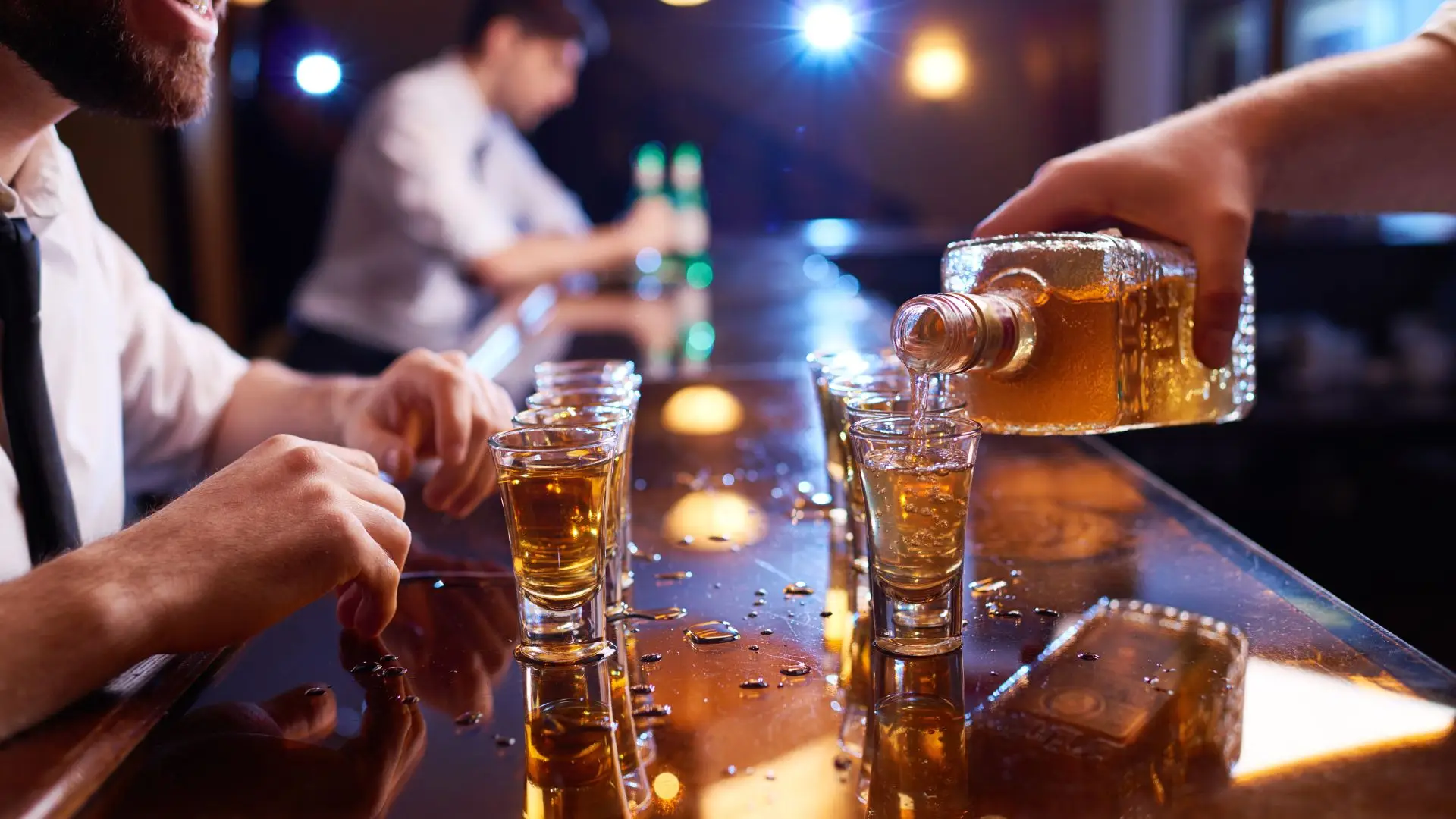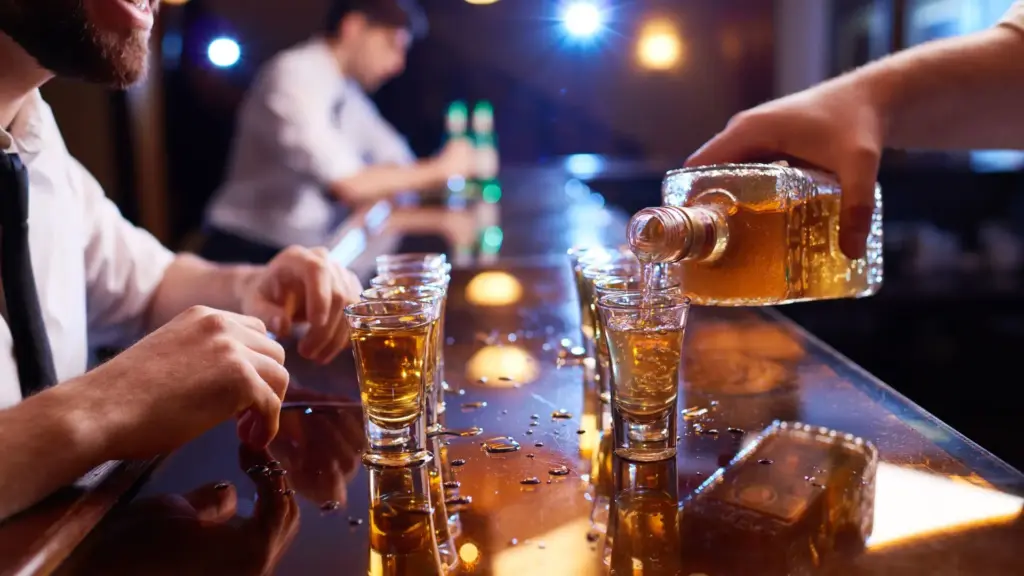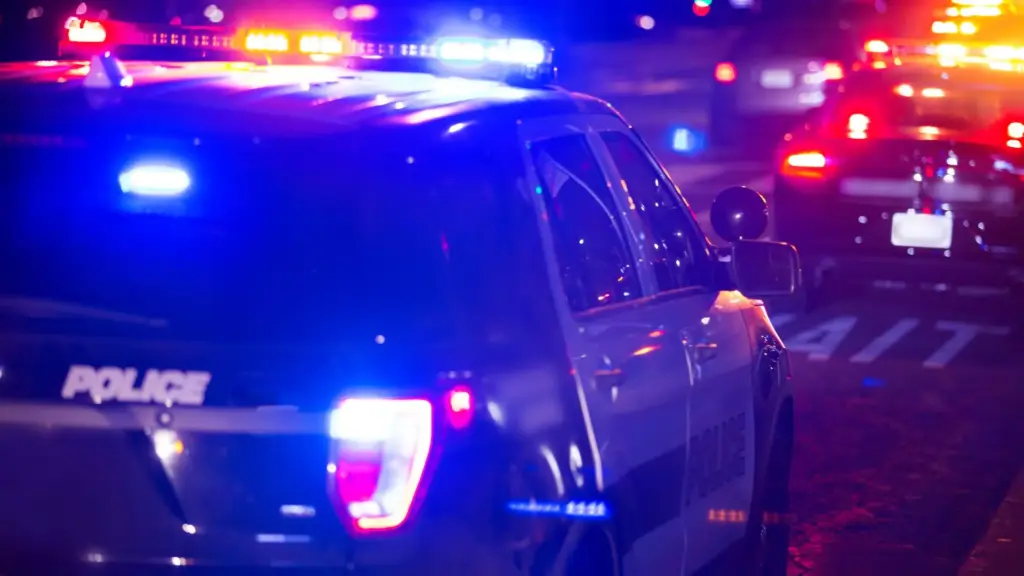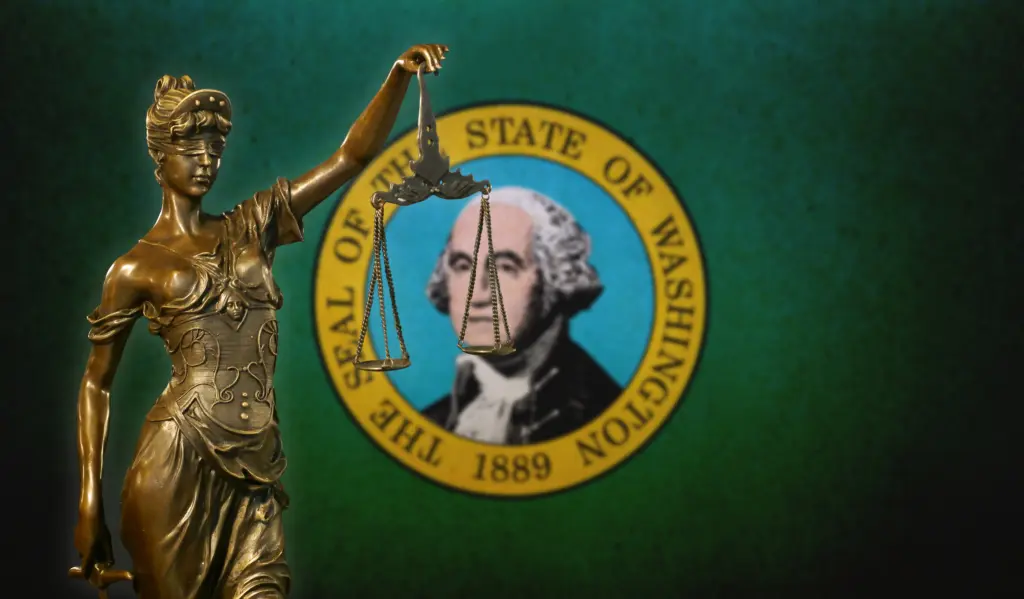Dram shop laws play a crucial role in regulating the liability of businesses and establishments that serve alcohol. These laws exist to protect the public by holding bars, restaurants, and other vendors accountable when they serve alcohol to visibly intoxicated individuals or minors who later cause harm to themselves or others. In this article, we explore the core principles, implications, and legal considerations of dram shop laws, providing a comprehensive understanding of how these laws affect businesses, individuals, and society.
The Definition of Dram Shop Laws
Dram shop laws refer to state-level statutes that impose liability on alcohol-serving establishments if their patrons cause injuries or property damage due to intoxication. The name “dram shop” originates from 18th-century England, where establishments sold spirits by the dram—a small unit of liquid. Today, these laws apply primarily to bars, restaurants, nightclubs, and liquor stores, but they can also extend to private events where alcohol is served.
These laws aim to promote responsible alcohol service and reduce the risk of alcohol-related incidents, such as drunk driving accidents or violent altercations. If an establishment serves alcohol to someone who is already visibly intoxicated or underage, it may be held liable for any subsequent harm caused by that person.
How Do Dram Shop Laws Work?
Each state in the U.S. has its own variation of dram shop laws, meaning the scope of liability and the rules governing lawsuits can differ significantly. However, the general principle remains the same:
- Businesses that serve alcohol may be held responsible if they serve someone who is clearly intoxicated, and that person goes on to cause harm to others or themselves.
- Third-party victims of drunk driving accidents or injuries caused by intoxicated individuals can sue the establishment that served the alcohol, provided the link between the service and the incident is clear.
Some states allow both civil and criminal liability, making it possible for victims to sue for damages while the state may also prosecute the establishment for violating alcohol service laws.
Types of Liability Under Dram Shop Laws
- First-Party Liability:
First-party liability applies when the intoxicated person themselves suffers injuries or damage after being served alcohol irresponsibly. However, many states limit or prohibit first-party claims, particularly if the injured person was knowingly engaging in reckless behavior. - Third-Party Liability:
Third-party liability arises when an intoxicated individual harms someone else—commonly seen in drunk driving accidents or acts of violence. This is the most common scenario where dram shop laws come into effect, and victims may seek compensation from the establishment that provided the alcohol.
Do All U.S. States Have a Dram Shop Law?
Not all states in the U.S. have enacted dram shop laws. Currently, 43 states and the District of Columbia have some version of dram shop laws. However, the scope and application vary widely from state to state. Some states, such as Nevada, Delaware, and Kansas, do not impose liability on alcohol-serving establishments under dram shop statutes. This absence leaves victims with limited legal recourse when pursuing compensation for injuries or damages caused by intoxicated individuals.
In states without dram shop laws, plaintiffs must rely on common negligence claims, which can be harder to prove, as they require showing that the business owed a duty of care and breached that duty
What Do Dram Shop Acts Impose Strict Liability On?
Dram shop laws can impose strict liability on establishments that serve alcohol, meaning the business can be held liable even without intent or knowledge of wrongdoing. These laws primarily focus on:
- Serving alcohol to visibly intoxicated persons
- Selling alcohol to minors or underage patrons
Strict liability under dram shop laws means that the establishment is responsible if the customer, after consuming alcohol on the premises, causes harm to others. This approach ensures that businesses prioritize responsible service to prevent avoidable accidents, such as drunk driving incidents or assaults.
What Is an Example of a Dram Shop Case?
One high-profile example of a dram shop case involved a bar in Texas. In this case, a patron was served alcohol even though they were visibly intoxicated. After leaving the bar, the patron caused a fatal car accident that killed two individuals. The victims’ families filed a dram shop lawsuit against the bar, alleging that it negligently over-served alcohol.
The court ruled in favor of the victims, holding the bar liable for damages under Texas’ dram shop laws. This case demonstrates how businesses can face financial and legal consequences for failing to follow responsible alcohol service practices.
Proving a Dram Shop Case
To succeed in a dram shop lawsuit, the injured party must meet certain legal requirements. These typically include:
- Proof of Alcohol Sale or Service: The victim must show that the establishment served alcohol to the person responsible for the injury or damage.
- Visible Intoxication: The plaintiff must prove that the person was visibly intoxicated at the time they were served. Signs of intoxication may include slurred speech, difficulty standing, and erratic behavior.
- Causation: It must be demonstrated that the alcohol consumption directly contributed to the injuries or harm. This can be complex, especially when multiple factors are involved, such as other substances or intervening events.
Legal cases involving dram shop laws often rely on witness testimony, surveillance footage, and expert opinions to establish these elements.
What Damages Can Victims Recover?
Victims who file dram shop lawsuits may be entitled to compensatory damages, including:
- Medical expenses: Costs associated with injury treatment and rehabilitation.
- Lost wages: Compensation for time missed from work due to injuries.
- Pain and suffering: Damages for physical pain and emotional distress caused by the accident or injury.
In some cases, punitive damages may be awarded if the establishment’s behavior is deemed especially reckless or egregious. These damages are meant to punish the business and deter similar conduct in the future.
Training and Prevention Measures for Businesses
To minimize the risk of dram shop liability, many states encourage or mandate responsible beverage service training for employees. These programs teach bartenders and servers to:
- Recognize signs of intoxication and refuse service when necessary.
- Handle difficult situations where patrons insist on being served more alcohol.
- Document incidents to create a record of responsible service practices.
Implementing compliance programs and regular training sessions can significantly reduce the likelihood of lawsuits and improve overall safety.
WCTL Knows the Impact of Dram Shop Laws on Public Safety
Dram shop laws are essential for ensuring responsible alcohol service and holding businesses accountable when negligence puts public safety at risk. By enforcing these laws, we can reduce preventable accidents and protect our communities. Businesses must prioritize proper staff training and responsible service to avoid serious legal consequences.
If you or a loved one has been affected by an alcohol-related incident, call (213) 927-3700 or use our online contact form to connect with our experienced legal team today.














































































